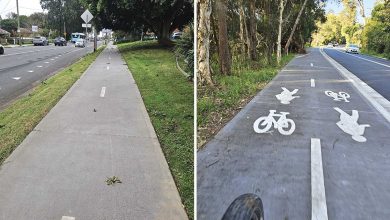Supporting our Students
As a mum with kids who have HECS/HELP debts, I’m only too familiar with the challenges that other parents, students, and graduates have shared with me about the financial toll higher education debt is having on young people.
So, I’m very proud to be a part of a government that is significantly reducing the debt, including crediting back some of the increases students and graduates faced last year.
This will apply to university, TAFE, and VET students who have HECS or HELP loans. There are a range of policy changes in this month’s federal Budget that will make a real difference for young people, but let’s look at two of them.
The first is the slashing of around $3 billion in student debt. Each year, student debt is indexed in line with inflation. Unfortunately, when inflation is running high, that means the loan can jump faster than it’s being paid down.
To fix that, instead of indexing debt to inflation, we’re adjusting it in line with the Wage Price Index.
In Macquarie alone this reduces student debt for 16,000 people across the Hawkesbury and Blue Mountains – they’ll receive a credit for part of last year’s payments and a smaller than expected increase this year. Someone with a HELP debt of $26,000 will see around $1200 wiped from their loans, pending the passage of the legislation.
We’ve also announced that nursing, teaching and social work students who have to do a mandatory placements will be provided with a $320 week means-tested payment.
This will help 68,000 eligible higher education students, and more than 5000 TAFE students each year complete their courses and fill essential roles. Right now, too many face “placement poverty” when they do, for example, their prac teaching; others simply don’t finish their course.
The feedback to these changes from local students is very positive.
Natalie Stoodley, a Hawkesbury local and teaching student at Western Sydney university says: “I didn’t actually think the government would make major changes in the way that they have with HECS and paid pracs. This will be incredibly helpful for me, my levels of stress and my bank account.”
Rebecca Macpherson, who is also studying teaching, shared with me that: “As a young person studying teaching I was praised for taking up a profession that was so desperately needed, yet I was thanked with a debt and full time work with no pay. I no longer have to fear this under a Labor government, and I’m receiving the support that all education students deserve.”
These are two tangible, practical steps to ensure more students can afford to start and complete their tertiary education, something that benefits all of us in as their skills hit the workforce.












